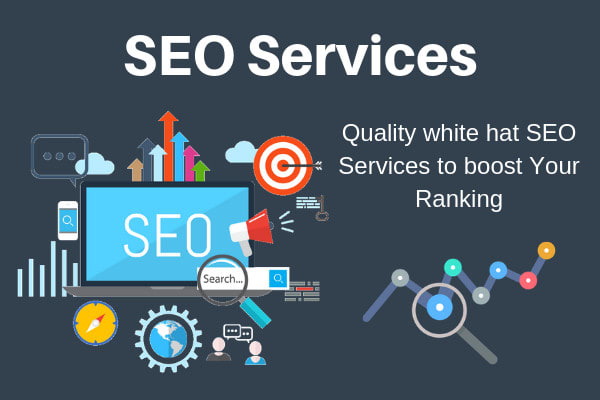Navigating exhibitor trade shows can be a pivotal experience for businesses aiming to maximize their impact and generate valuable leads. With careful planning and strategic execution, these events can transform into a powerful platform for showcasing products, networking, and boosting brand visibility. Here are some key strategies to ensure you make the most out of your trade show experience.
- Pre-Show Preparation
Preparation is crucial for a successful trade show. Start by defining clear objectives: Are you aiming to generate leads, build brand awareness, or introduce a new product? Once your goals are set, research the event thoroughly. Understand the attendee demographics and interests to tailor your messaging accordingly. Develop a comprehensive marketing plan that includes email campaigns, social media promotions, and direct invitations to your target audience.
- Design an Engaging Booth
Your booth is often the first impression attendees will have of your company, so make it count. Invest in a visually appealing design that reflects your brand identity. Incorporate interactive elements such as touchscreens or product demos to draw people in. Ensure your booth is not only eye-catching but also functional, with clear signage and accessible information. A well-designed booth should facilitate easy conversations and make it simple for attendees to engage with your team.
- Train Your Team
Your booth staff plays a crucial role in creating a positive experience for visitors. Train them thoroughly on your products or services, exhibitor key messaging, and lead capture techniques. Encourage them to be approachable and proactive in engaging with attendees. Role-playing scenarios can help them handle various interactions effectively, from answering questions to addressing concerns.
- Leverage Technology
Incorporate technology to enhance your trade show presence. Use lead capture apps to streamline the process of collecting contact information and tracking interactions. Digital displays and virtual reality experiences can captivate attendees and provide a memorable interaction with your brand. Consider live streaming or posting real-time updates on social media to extend your reach beyond the event floor.
- Follow Up Promptly
The post-show follow-up is critical in converting leads into actual business opportunities. Develop a follow-up strategy that includes personalized emails or calls to each contact made during the show. Reference specific conversations or interests discussed to create a more engaging follow-up experience. Timely and targeted follow-ups can significantly increase your chances of turning leads into loyal customers.
- Evaluate and Reflect
After the trade show, Aplus conduct a thorough evaluation to assess the effectiveness of your participation. Review the number and quality of leads generated the performance of your team, and the overall return on investment. Gather feedback from your staff and attendees to identify areas for improvement. Use these insights to refine your approach for future trade shows, ensuring continuous enhancement of your strategy.
